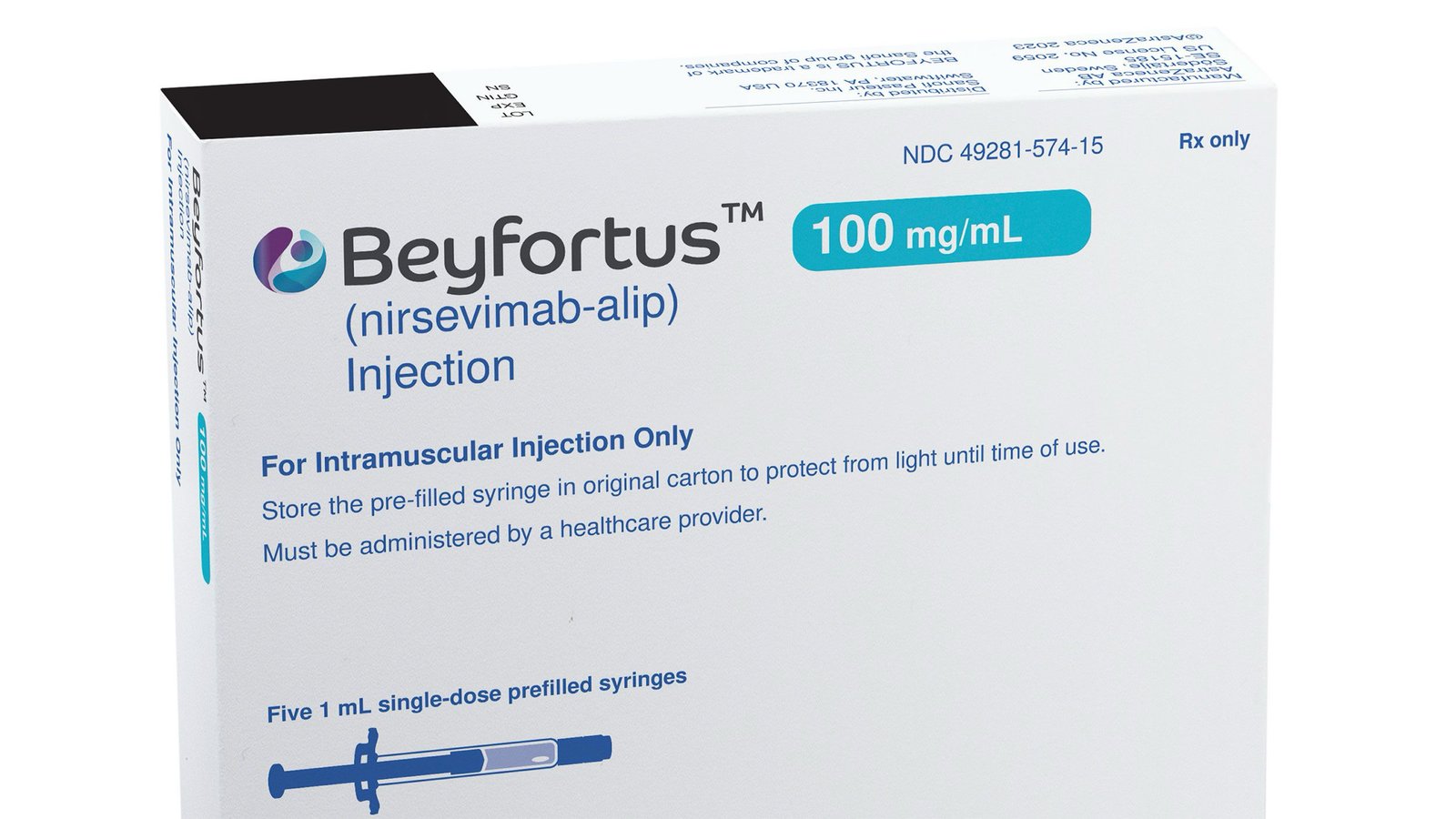In today’s fast-paced world, the importance of mental health is increasingly recognized as essential for overall well-being. Mental health affects how we think, feel, and act. It determines how we handle stress, relate to others, and make choices. The journey to mental health recovery is unique for each individual and can involve a range of emotional, psychological, and behavioral adjustments. But how can one achieve mental health recovery, and what does it look like?
Understanding Mental Health Recovery
Mental health recovery is a deeply personal process. Unlike physical recovery, which can often be seen as a return to a previous state, mental health recovery is about discovering new ways of living and thriving. It involves finding ways to live a fulfilling life, even with the challenges of a mental health condition. The recovery process is not linear; it can include setbacks and periods of progress.
Key Elements of Mental Health Recovery:
- Hope: Recovery starts with the belief that a better life is possible. Hope is the catalyst for change, empowering individuals to take the necessary steps toward healing.
- Self-Direction: Individuals in recovery take control of their own journey, making decisions about their treatment and life goals.
- Holistic Care: Recovery involves all aspects of life—physical, emotional, social, and spiritual. A comprehensive approach ensures that individuals receive the support they need across all areas.
- Support Systems: Family, friends, therapists, and peer support play a vital role in mental health recovery. Building a strong network provides encouragement and understanding throughout the process.
The Role of Therapy in Mental Health Recovery
One of the most effective tools in mental health recovery is therapy. Therapy provides a safe space for individuals to explore their feelings, address challenges, and develop coping strategies. There are various types of therapy, including cognitive-behavioral therapy (CBT), which focuses on changing negative thought patterns, and dialectical behavior therapy (DBT), which emphasizes emotional regulation and mindfulness.
Therapy helps individuals recognize their triggers, understand the root causes of their mental health struggles, and develop healthier coping mechanisms. For many, it becomes the cornerstone of their recovery journey.
Practical Steps for Mental Health Recovery
- Seek Professional Help: The first step in recovery is often recognizing the need for support. Professional help can come in many forms, such as therapy, counseling, or medication. A mental health professional can help tailor a treatment plan that fits individual needs.
- Build Healthy Habits: Exercise, a balanced diet, and adequate sleep are all crucial for maintaining mental health. Regular physical activity, in particular, has been proven to reduce symptoms of anxiety and depression.
- Stay Connected: Building strong social connections can provide emotional support and improve resilience. Whether it’s friends, family, or support groups, having a trusted network can make a significant difference in recovery.
- Practice Mindfulness: Mindfulness and meditation techniques help individuals stay grounded and manage stress. These practices encourage a greater awareness of the present moment, reducing anxiety and improving emotional regulation.
Medication and Mental Health Recovery
In some cases, medication plays a critical role in the recovery process. Medications such as antidepressants, mood stabilizers, and anti-anxiety drugs can help manage symptoms and create the emotional stability needed for recovery. However, medication alone is rarely a complete solution; combining it with therapy and lifestyle changes often provides the best outcome.
The Importance of Self-Care
Self-care is an essential component of mental health recovery. It involves recognizing one’s own needs and taking steps to meet them. Self-care can be as simple as setting aside time for relaxation, engaging in hobbies, or practicing stress-relief techniques like yoga or deep breathing exercises. Regular self-care activities reinforce the idea that one’s mental health is a priority, and small, consistent actions can lead to significant improvements over time.
A Lifelong Process
Recovery is not a one-time event but an ongoing process. While individuals may experience periods of significant improvement, maintaining mental health requires continued effort. The tools and strategies learned during recovery become part of daily life, helping individuals to maintain stability and prevent future mental health crises.
Conclusion
Mental health recovery is possible with the right support, treatment, and personal commitment. It involves embracing new ways of living, seeking professional help when necessary, and fostering hope for the future. The journey may be challenging, but with a focus on self-care, therapy, and building strong relationships, individuals can achieve a fulfilling and balanced life.
References
- National Institute of Mental Health (NIMH) – Mental Health Information
- American Psychological Association – Road to Resilience
- Mayo Clinic – Mental Health: 10 Tips to Improve Recovery



